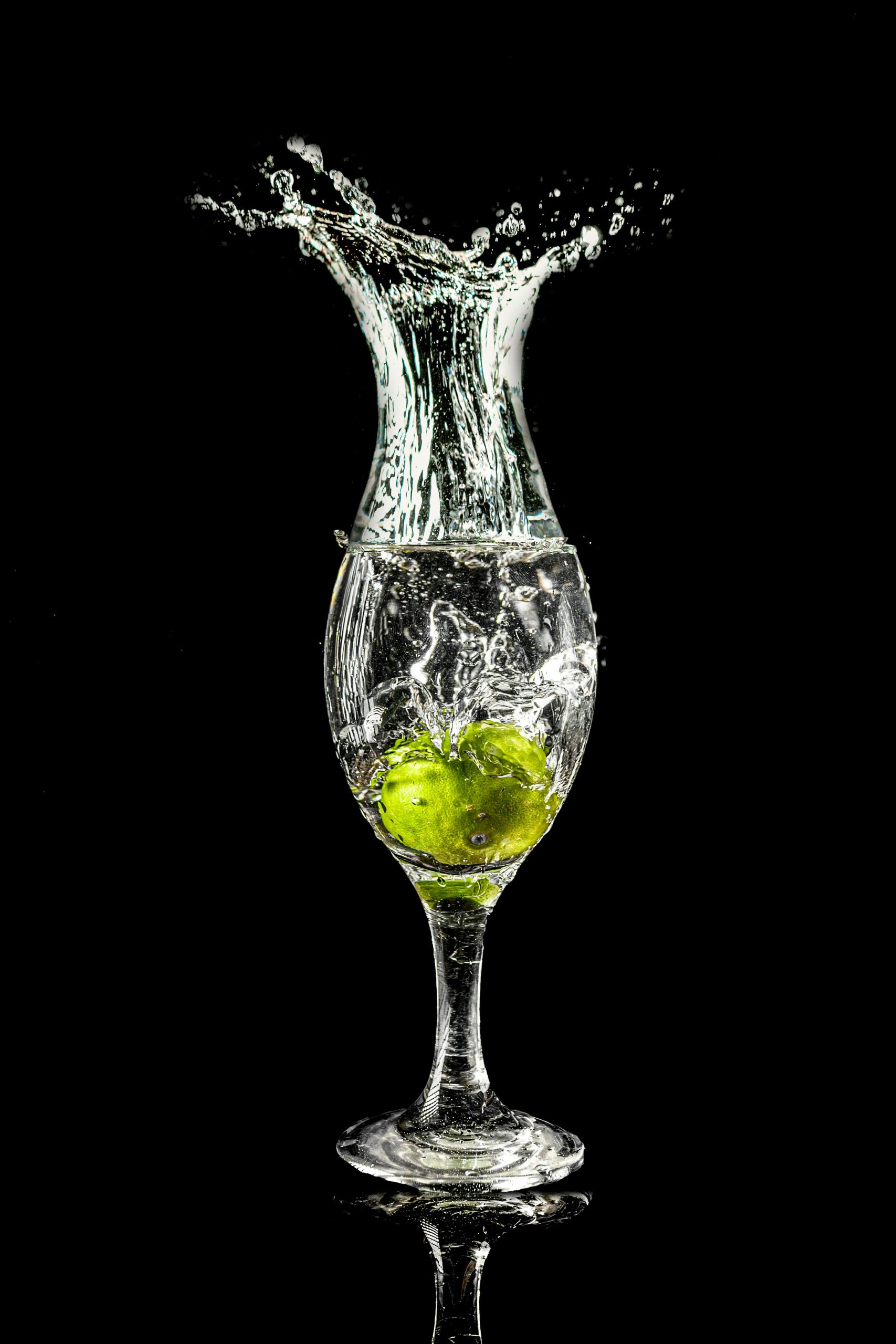Handling Vehicle Damage from a Drunk Driving Incident: What Are Your Insurance Options?
Experiencing damage to your parked vehicle can be stressful, especially when the culprit is identified as a drunk driver. Recently, a situation arose where my parked car was hit overnight by an intoxicated individual. Fortunately, the authorities apprehended the driver and provided their insurance details. However, complications emerged when I learned that their insurer, Erie Insurance, is currently experiencing a significant outage, possibly due to a ransomware attack or similar technical issue. This has raised questions about the best approach to getting my vehicle repaired promptly.
The Dilemma: Wait or Act Fast?
With Erie Insurance’s systems apparently down and their current reliance on manual, paper-based processes, there is concern that resolving the claim could be delayed for weeks. Such delays could extend the period during which my vehicle remains out of commission, causing inconvenience and disruption.
An Alternative Solution: Using Your Own Collision Coverage
Given the circumstances, one practical solution could be to utilize your own auto insurance policy—in this case, Geico’s collision coverage—to have your car repaired swiftly. This would allow you to bypass the slow claims process with Erie, ensuring your vehicle is repaired promptly. While this approach involves paying a deductible (which, in my case, is $500), Geico has indicated that they will pursue reimbursement from Erie once their systems are back online and the claim resolution process is complete.
Key Considerations
-
Speed of Repair: Utilizing your own collision coverage can expedite repairs, minimizing downtime.
-
Reimbursement Process: Keep in mind that reimbursement from Erie might take time, depending on their system recovery. Be sure to maintain thorough records and documentation of all communication and repairs.
-
Financial Implications: Weigh the immediate deductible cost against potential delays and inconvenience caused by waiting for the insurer’s system restoration.
-
Insurance Policy Terms: Review your existing policy to understand your coverage and any implications of filing a claim under your own policy in this situation.
Final Thoughts
In situations where insurer outages threaten to slow down essential repairs, it’s often advisable to use your own collision coverage to address urgent repairs quickly. Afterward, your insurer can pursue recovery from the responsible party’s insurer—provided they are able to process the claim successfully. Always consult with your insurance provider to confirm the best course of action tailored to your specific circumstances.
Are you facing a similar situation? Share your experiences and insights in the comments below.



